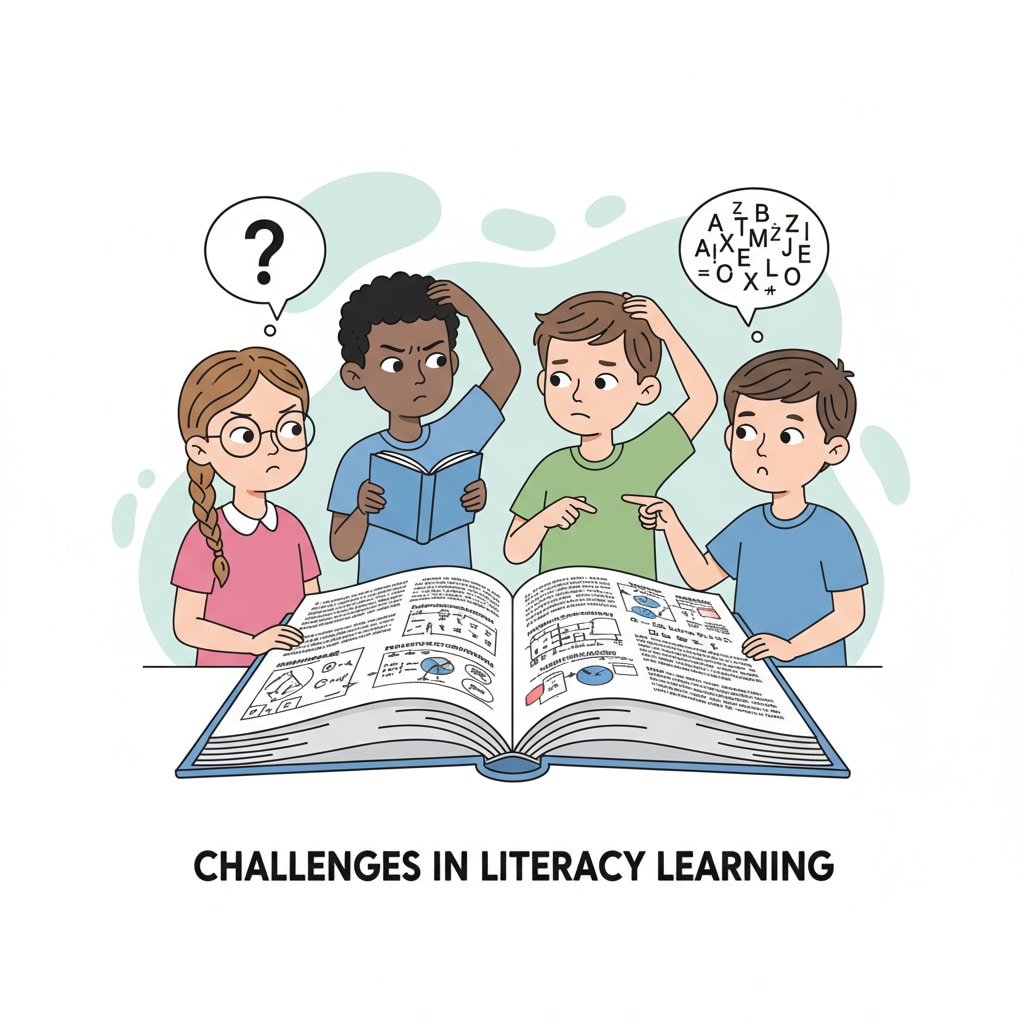Literacy, democracy, and reading habits are intertwined elements that play a crucial role in the functioning of a democratic society. In recent times, there has been a disturbing trend of declining literacy abilities among K12 students, which could potentially pose significant threats to the very foundation of democracy.

The Decline in Literacy Skills
The decline in literacy skills among K12 students is a matter of great concern. As per National Center for Education Statistics, standardized test scores in reading comprehension have been dropping steadily. This decline can be attributed to various factors. For example, the digital age has brought about a shift in reading materials. Students are now more exposed to short-form content like social media posts and text messages, which do not require the same level of in-depth reading and comprehension as traditional books or articles. As a result, their ability to analyze complex texts and understand nuanced ideas is being hindered.
The Impact on Critical Thinking
Reading is not just about decoding words; it is a fundamental skill that nurtures critical thinking. In a democratic society, citizens need to be able to think critically to make informed decisions. However, the changing reading habits in the digital age are having a negative impact on teenagers’ critical thinking development. With the prevalence of information overload, students often skim through content without truly engaging with it. This lack of engagement means they are less likely to question, analyze, and form their own opinions. According to American Psychological Association, critical thinking is essential for democratic participation as it allows individuals to evaluate different perspectives and policies. But the decline in literacy and the shift in reading habits are putting this crucial aspect of democracy at risk.

The implications of declining literacy skills for a democratic society are far-reaching. In a democracy, an informed citizenry is the cornerstone of a well-functioning government. When citizens lack the literacy skills to understand political issues, policies, and the implications of their votes, the democratic process can be undermined. Educators, parents, and policymakers need to work together to address this crisis. Educators can design more engaging reading curricula, parents can encourage reading at home, and policymakers can allocate resources to improve literacy education. By taking these steps, we can safeguard the future of democracy and ensure that citizens are equipped with the necessary literacy skills to participate actively in a democratic society.
Readability guidance: This article uses short paragraphs to convey key ideas. The sections on the decline in literacy skills and its impact on critical thinking present clear points. The use of external links provides reliable sources of information. Transition words like ‘however’, ‘for example’, and ‘as a result’ are used to connect ideas smoothly. Each section focuses on a specific aspect related to literacy, democracy, and reading habits, highlighting the importance of addressing the literacy crisis for the well-being of democratic societies.


